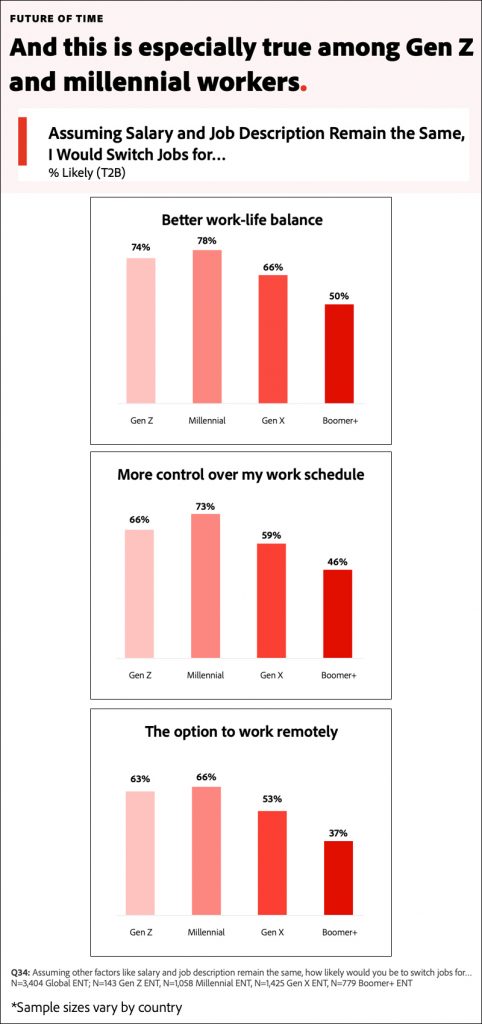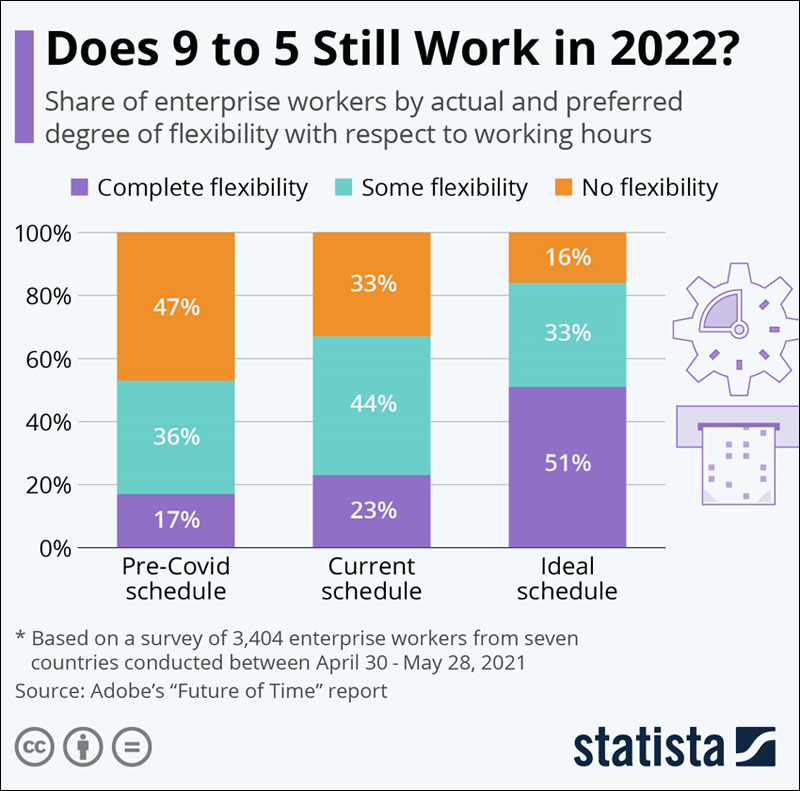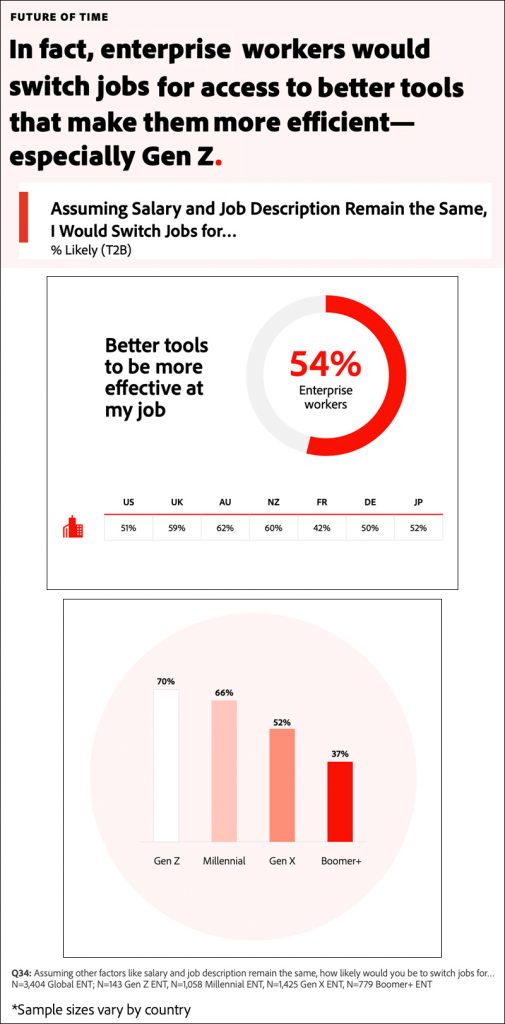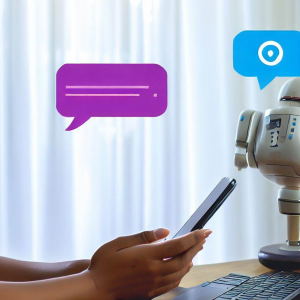As offices reopen in a post-pandemic world, hybrid onsite and remote work becomes a routine affair, reveals Adarsh
Aman used to love going to work. He loved the interaction with colleagues, the banter with friends, and everything else that came with office life. When the lockdown happened in 2020, he was miserable. Working from home with two young kids around felt like a nightmare. He longed to go back to work.
Two years on, we’re talking about Covid in the past tense and most companies are expecting their employees back in office. But Aman isn’t so excited anymore. He’s too used to working from home. He loves the independence and the flexible work hours and spends the time between meetings with his kids.
He has autonomy over how he works and when he works and in fact where he works from as well. In the last year, he has taken two workcations without having to apply for a single day of leave. This wouldn’t have been possible in a pre-Covid world. And now that he’s expected back in office and is running out of excuses to stay at home, he’s wondering if he should quit his job and find another one that lets him work remotely.
He’s not alone. In fact, 73 per cent of millennials will switch jobs to another with greater flexibility even if their salary and job description stayed the same. More than 37 per cent of the candidates in another study said they would even take a 10 per cent pay cut if they were allowed to work remotely. 80 per cent of those candidates consider remote working a job perk.

The Perks of Remote Working
Two years of working from home has brought up a lot of advantages, for both employees as well as employers. As far as employees are concerned, they save on time and fuel by avoiding the daily commute. The time previously spent getting ready for work or commuting to the office is now being spent productively. Avoiding traffic also affords them the luxury of a delayed start to their day.

Depending on the job, many employees enjoy flexible work hours and complete autonomy over how they choose to work. This translated to more time with friends and family and once the Covid cases and restrictions dropped, it gave several people the opportunity to work from anywhere. Covid gave an all new meaning to ‘workcation’.
There are benefits for employers too. A lot of funds are saved as overheads like rent, equipment, electricity, office supplies, food and transportation vanished overnight.
Once everyone got the hang of remote working, productivity did increase. And with remote working an option, it has lowered the attrition rate and widened the hiring pool. Apart from hiring from within the country, this has also allowed companies to hire from other countries where the expected salaries and benefits are relatively less.

Challenges of Remote Working
While there are many pros to remote working, there exist some cons too. For several employees, remote working has blurred the lines between office hours and home life. For those who stay alone and have most of their human interactions in office, it can feel isolating.
And those who enjoy the clear demarcation that an office space brings have struggled to cope with family chores and expectations during office hours. Not everyone respects and understands how difficult working from home can be, especially if you need peace and quiet for an official call while living in a joint family.

The employers also struggle when it comes to collaborative projects and team building exercises. Managers cannot keep tabs on their reportees and have very little control over productivity and performance when everything is happening remotely.
New Hybrid Models
As the Covid cases reduced and sectors started opening up, companies have also been calling their employees back to office. And this has seen a lot of attrition. Companies have been forced to come up with new policies regarding remote working.
Companies like Twitter, Airbnb and Atlassian have declared permanent work from home while Spotify has gone one step further and allows employees to ‘work from anywhere’. Meta is also offering work from home to anyone whose job can be performed remotely.
Quora and Slack also offer remote working but have made arrangements for the employees who prefer coming in to work. Several companies like InMobi and Myntra have opted for a hybrid model like 2 days from office and 3 days from home. Other companies like Feathr and Headspace have switched to a 4-day work week. The working days may have become longer than the customary 9-5 but their employees enjoy the luxury of a 3-day weekend.
The Tech Intervention
With more and more companies adopting flexi working, tech companies have been quick to adapt their software and applications to support remote working. Thanks to cloud storage, companies can now remove their physical database infrastructure. This allows even job profiles like database administrators, cybersecurity specialists and data scientists who previously needed to go in to work to now operate remotely.
Automation has replaced manual tasks. Slack is already implementing machine learning and artificial intelligence to help prioritize channels and conversations within the platform. AI facilitates keeping an increasingly remote workforce aligned to a company’s timelines, goals, and priorities while returning some of the oversight that is lost when employees aren’t physically in the building.
With more and more advancements coupled with tech interventions, remote working is becoming easier and more productive with each passing month.
The Future of Work
Another shift has been the volume of software used while remote working. The first generation of remote working leaned towards an all-in-one mindset where one software could do everything but gradually the advantages of specialized tools over generalized ones have come to light. For instance, several companies use Google Docs for documentation, Slack for communication, GitHub for code storage and so on.

Slack co-founder Cal Henderson says the company is focused on making the communication piece really good: “We’re never going to make the best possible word processor or the best possible wiki or the best possible voice and video calls or the best possible file storage, because for different use cases and different business customers, ‘the best’ has different meanings.”
But these are just existing systems, plenty more is on the way. Cisco recently presented their latest TelePresence products, which enabled life-sized interactions. It works pretty well, except that it costs about $100,000 per meeting room which makes it impossible for most companies to adopt. But this is a new technology and the cost is bound to go down in the future.
Microsoft Research has announced that it is experimenting with a product called Holoportation, which combines the Hololens VR goggles with 3D cameras to beam life-sized holograms of other people or objects in real time. All of this sounds futuristic and exciting but it could become a reality within the next few years!
The Value of Time
Apart from everything else that the pandemic affected and altered, it has made everybody realize the value of time. This has changed their relationship with work and their mindset towards work culture. A lot of people, especially millennials and Gen Z, now look at work as a part of their life instead of letting their life revolve around work. Considering that they form the bulk of the workforce, companies have been adapting too, accommodating the staff’s expectations without compromising on output.
With more changes expected, the future of work would be completely different from everything we’ve seen so far. And for all you know, Aman might never have to step into an office again!
In case you missed:
- Why are Companies resorting to Office Peacocking?
- 5 Free AI Assistants To Make Your Life Easier
- Talk to ChatGPT with new AI Glasses
- Meta’s Puffin Project: Future of Mixed Reality in a Pair of Glasses
- WhatsApp adds New Document Scanning Feature
- Meta AI launches on WhatsApp & Insta in India
- AI and Loneliness: Culprit or Cure?
- Scientists Discover Earth’s Third Energy Field, after 60 Years of Searching
- Why is Voyager 1 sending Gibberish after 47 Years?
- TalkBack, Circle To Search & 3 More Google Features added on Android










1 Comment
Thank you for sharing the information about who says work from home isn’t working, it is good article , keep sharing.